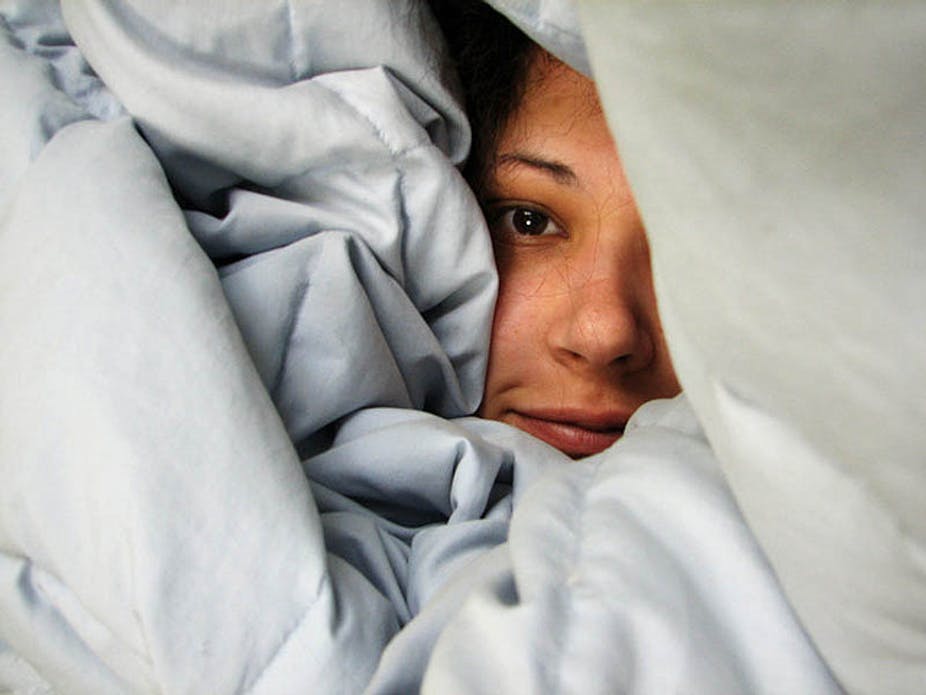According to Doctor Gonzalo Pin, of Hospital Quirónsalud Valencia, it could also help reduce road and work accidents
The time change that happened on October 29th, means that we have gained an hour in the morning, which has various benefits for our health according to experts at Quirónsalud Torrevieja and Valencia, says Doctor Gonzalo Pin, the chief of Paediatrics and the Sleep Unit at Hospital Quirónsalud Valencia.
Thanks to this new timetable, the sun will rise an hour earlier than before which is more in sync with people’s body clocks, helping us to have an easier and smoother start to the day, from a physiological point of view. It will also mean our eating and sleeping timetables are earlier, making it more likely for People to go to bed sooner and therefore sleep more hours. Eating earlier can help to reduce obesity and type 2 diabetes, and sleeping for longer is likely to reduce the number of work and road accidents, since a lot of them are related to sleep deprivation.
A disadvantage of this new timetable, that means we are more in time with the sun, according to the specialist, is the loss of an hour of light in the afternoons “but it is only those months which have more hours of sunlight, from the end of March to the end of October”.
Because of the many advantages this timetable has, doctor Pin would advise sticking to it all year round, “we don’t just change our clocks, but our lifestyle, and in consequence, our health”.
Advice for a refreshing sleep
Doctor Esteban de Vicente, Neurophysiological specialist at the Sleep Unit in Hospital Quirónsalud Torrevieja, says that to have a refreshing sleep it is useful to follow a couple of simple strategies for good sleep hygiene. Here are some practical tips:
Ensure regular sleep habits: with a regular sleep timetable, we shouldn’t have a siesta for longer than 20 minutes, otherwise it will alter our rest at night and we will only wake up a maximum of 1 hour later in the morning, even after falling asleep later than normal.
Correct breathing: with a simple exercise it is easy to achieve. You should lay on your back, in a comfortable position, close your eyes and relax your muscles, breath in calmly three times, and after, hold your breath. It is important to not hold nor force your breathing, and to repeat the cycle six to eight times.
Appropriate diet: it is very important to eat a balanced diet, and to keep hydrated. You shouldn’t smoke close to bed time, and after midday your coffee, tea, chocolate and soft drink intake should decrease. Go to bed an hour and a half after a normal- sized evening meal, and at least two hours after if it was a large meal. Your meal in the evenings should be light, with not many fats or calories. It should contain vegetables (rich in tryptophan, an essential amino acid with specific effects on feed consumption, and which initiates serotonin and melatonin), proteins and dairy. Avoid sweet, sugary foods, and moderate your alcohol consumption. Your evening meal should be light, but you should not be hungry afterwards.
Prepare your surroundings: your room should be at a temperature of about 20-22ºC. Use a firm mattress, with clean and breathable sheets, and avoid drafts of air while you are sleeping. If noise bothers you, use ear plugs.
Finally, having a hot shower to help you to relax and prepare for sleep, and using comfortable cotton clothes, are also tips for us wake up refreshed in the morning.
About Quirónsalud
Quirónsalud is the most important hospital group in Spain, and the third largest in Europe. It can be found in 13 autonomous communities in Spain, has state-of-the-art technology and offers over 6,200 beds in more than 100 healthcare centres, such as Fundación Jiménez Díaz, Hospital Universitario Quirónsalud Madrid, Hospital Universitario Dexeus, Ruber, Centro Médico Teknon, Hospital La Luz, Policlínica de Guipúzcoa, Hospital Quirónsalud Valencia, etc., as well as a huge team of highly qualified professionals of international prestige.
We promote teaching (seven of our centres are university hospitals) and medical and scientific research (we run the FJD [Spanish acronym, Jiménez Díaz Foundation] Instituto de Investigación Sanitaria [Healthcare Research Institute], the only private research centre licensed by the Secretaría de Estado de Investigación, Desarrollo e Innovación [Ministry for Research, Development and Innovation]).
Likewise, our healthcare service is organised in units and crosscutting networks that allow for the optimisation of accumulated experience at difference centres, and the clinical application of our research. Currently, Quirónsalud is developing many research projects across Spain, and many of its healthcare centres carry out cutting edge work in this field, as pioneers in different specialisations such as radiology, cardiology, endocrinology, gynaecology, neurology, oncology and sports medicine, among others.






